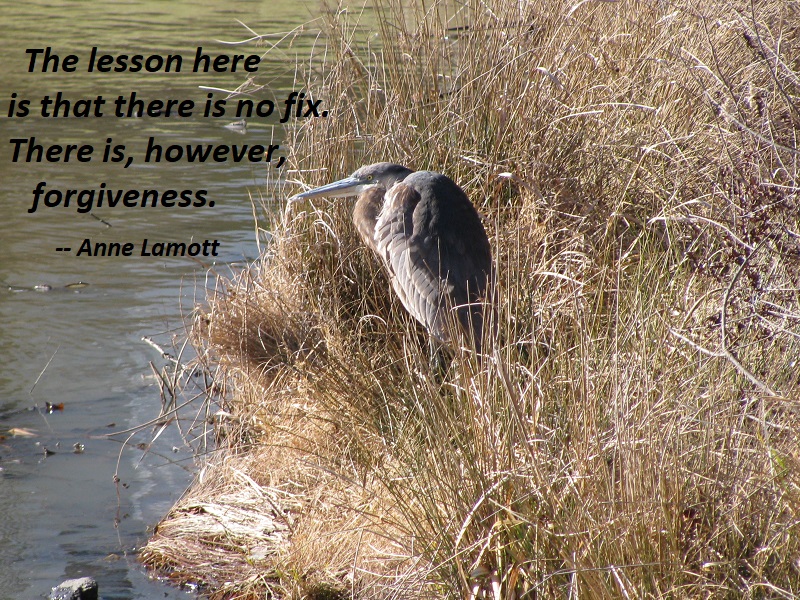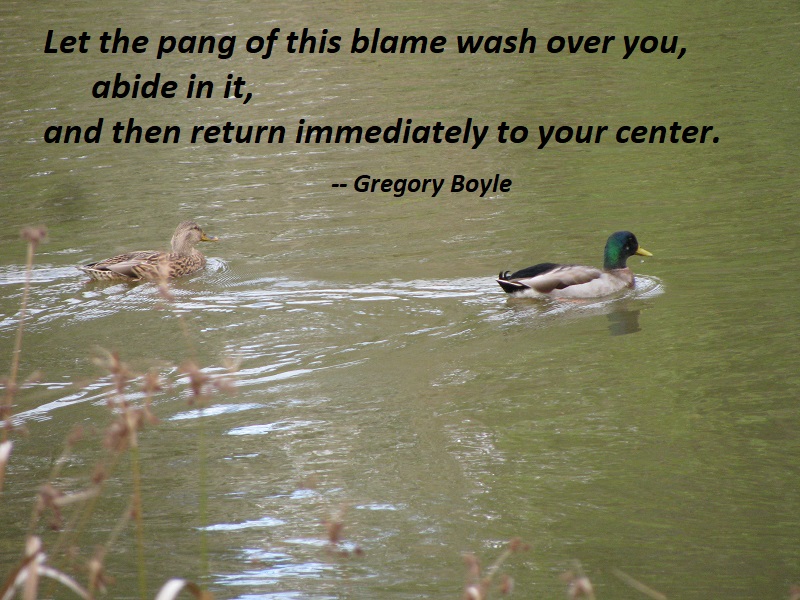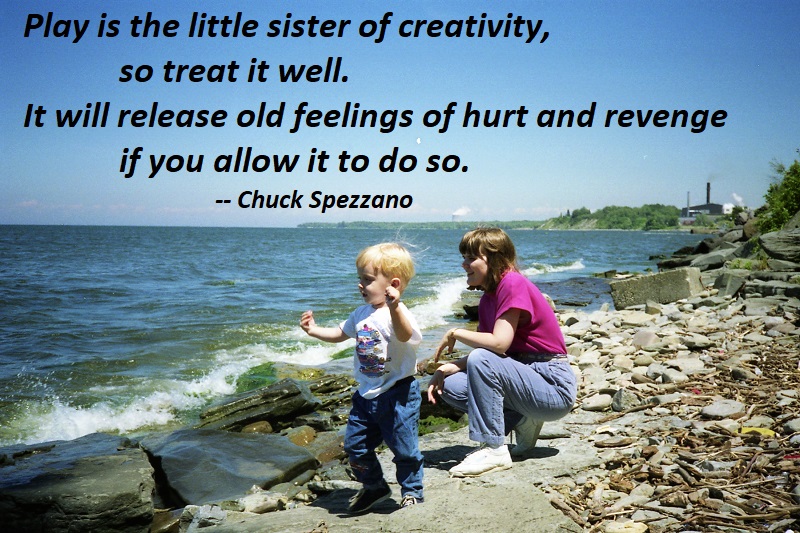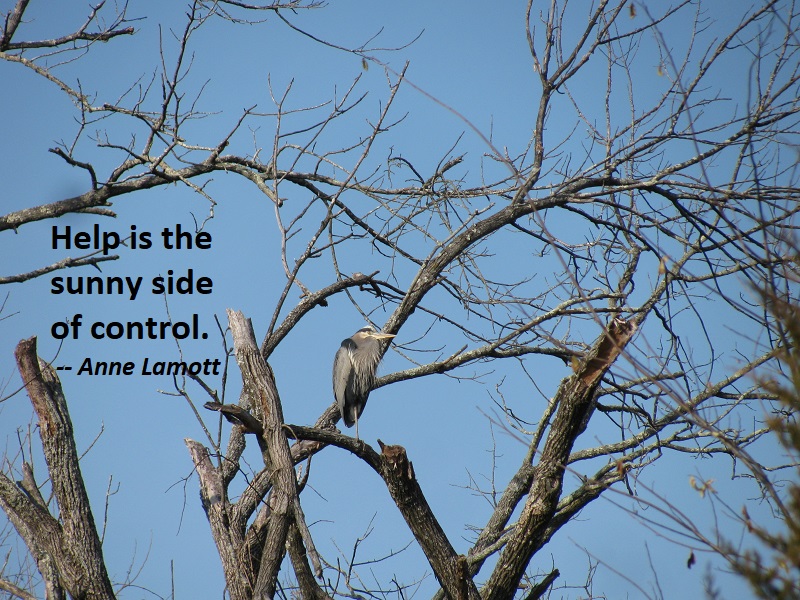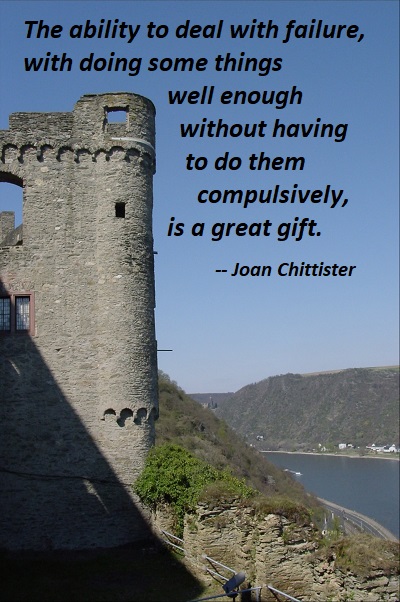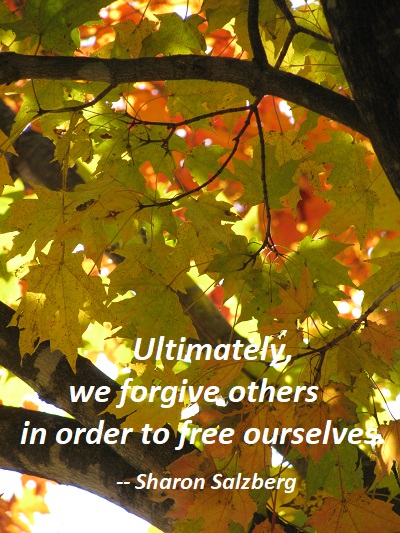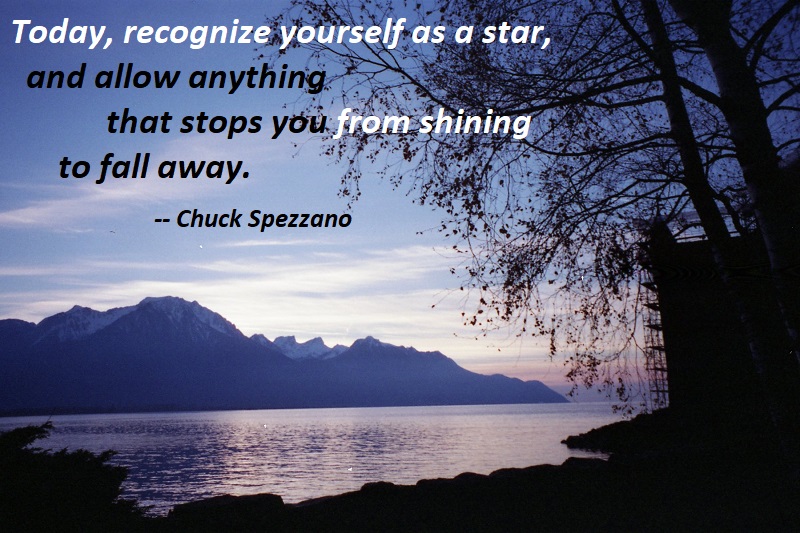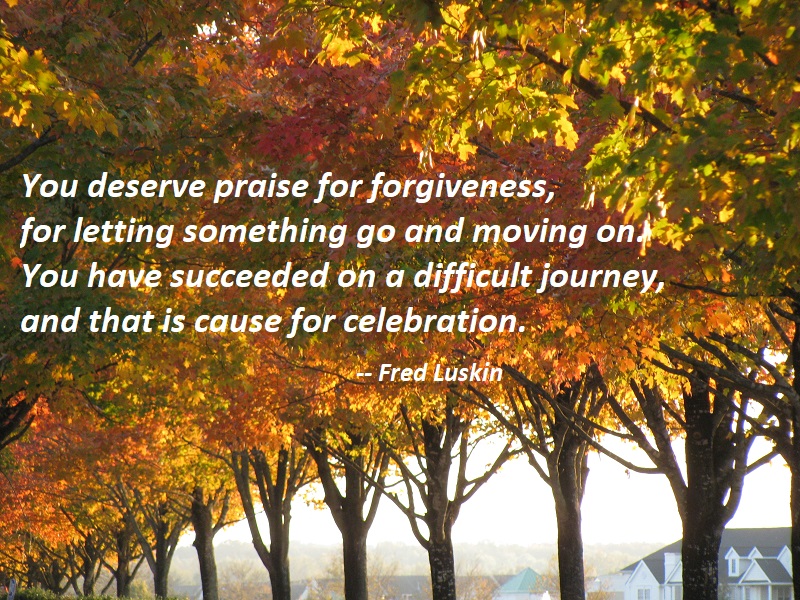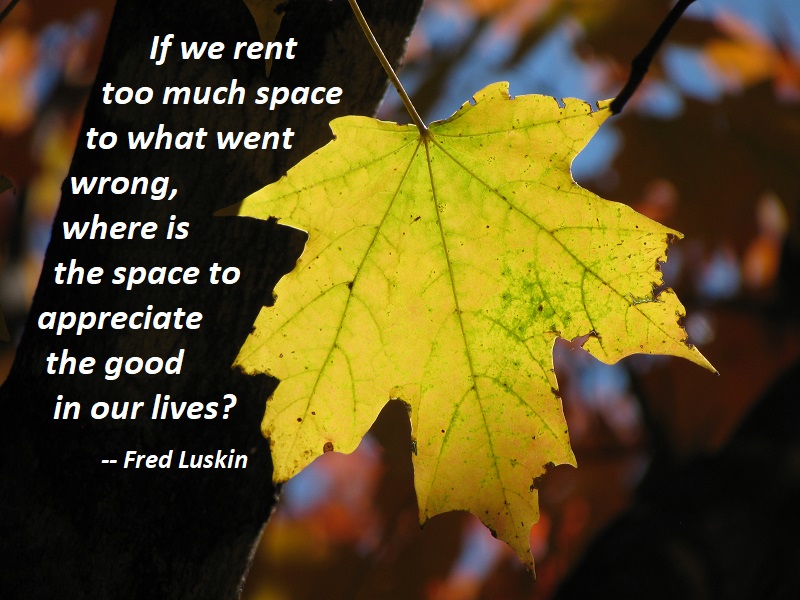Liberation Time
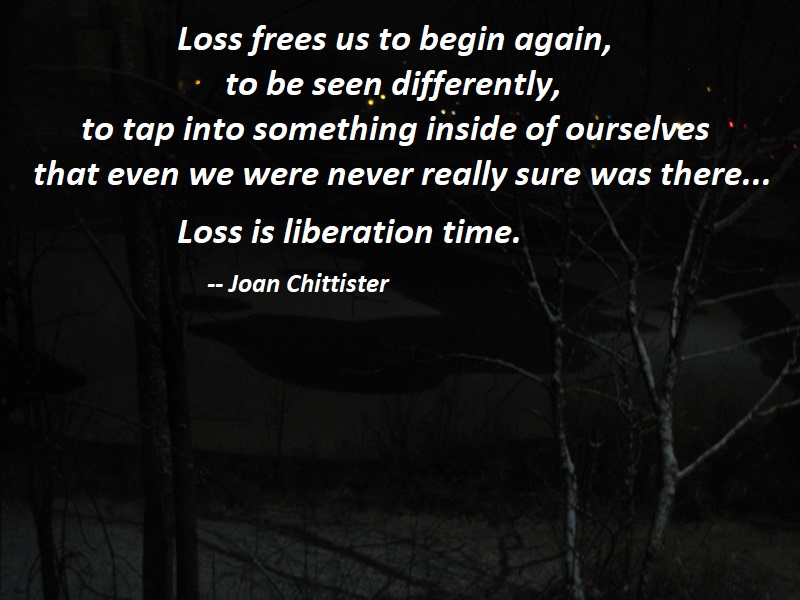
And yet, there is a resurrection that comes with loss. People can no longer see in us the person they saw before, true. But that is one of the gifts of loss. Loss frees us to begin again, to be seen differently, to tap into something inside of ourselves that even we were never really sure was there. But, whether we knew it or not, did badly want.
We can now — perhaps must now — be ourselves but in some very different ways. We don’t have to go on making a success of the family business. Or even being Mrs. Anybody. Or being called upon so often for the same things in life that we never get to show the world that we can do other things, as well. No doubt about it: Loss is liberation time.
Then we must begin even to know ourselves differently — as more than the mother or the son, the doorman or the doctor or the groundskeeper or the mail carrier. Now we have to dig deep inside us to find out what other parts of ourselves are waiting to be discovered.
— Joan Chittister, Between the Dark and the Daylight, p. 103-104
Photo: South Riding, Virginia, January 12, 2019
